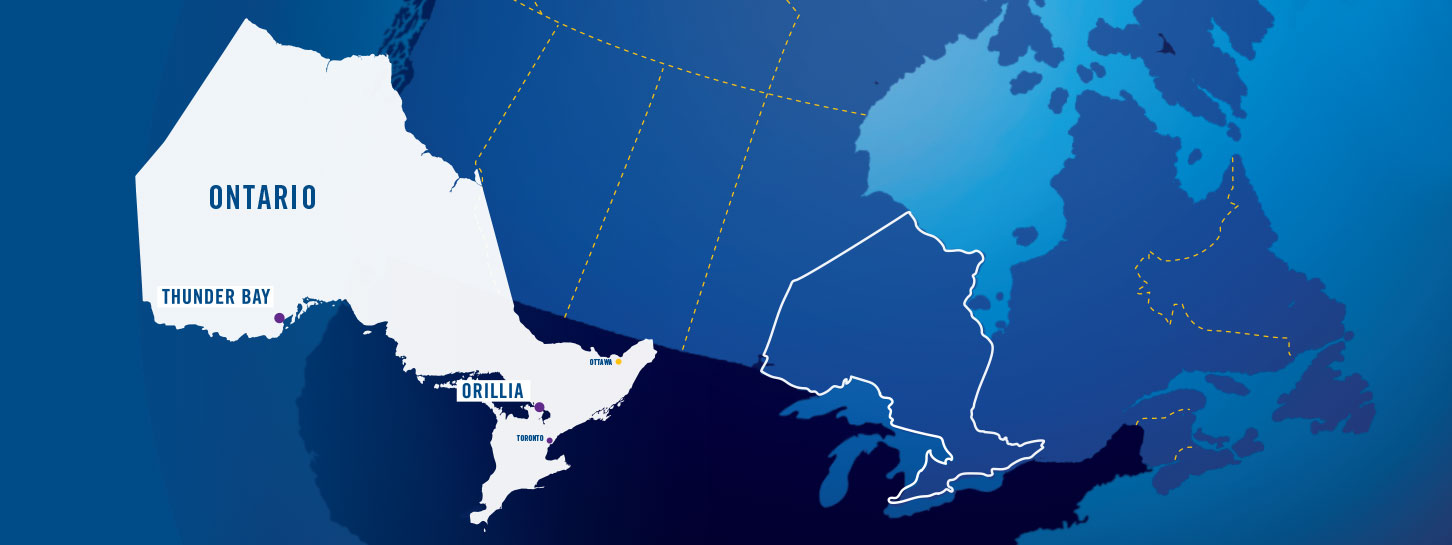Lakehead Snags Number One Spot in Maclean's Rankings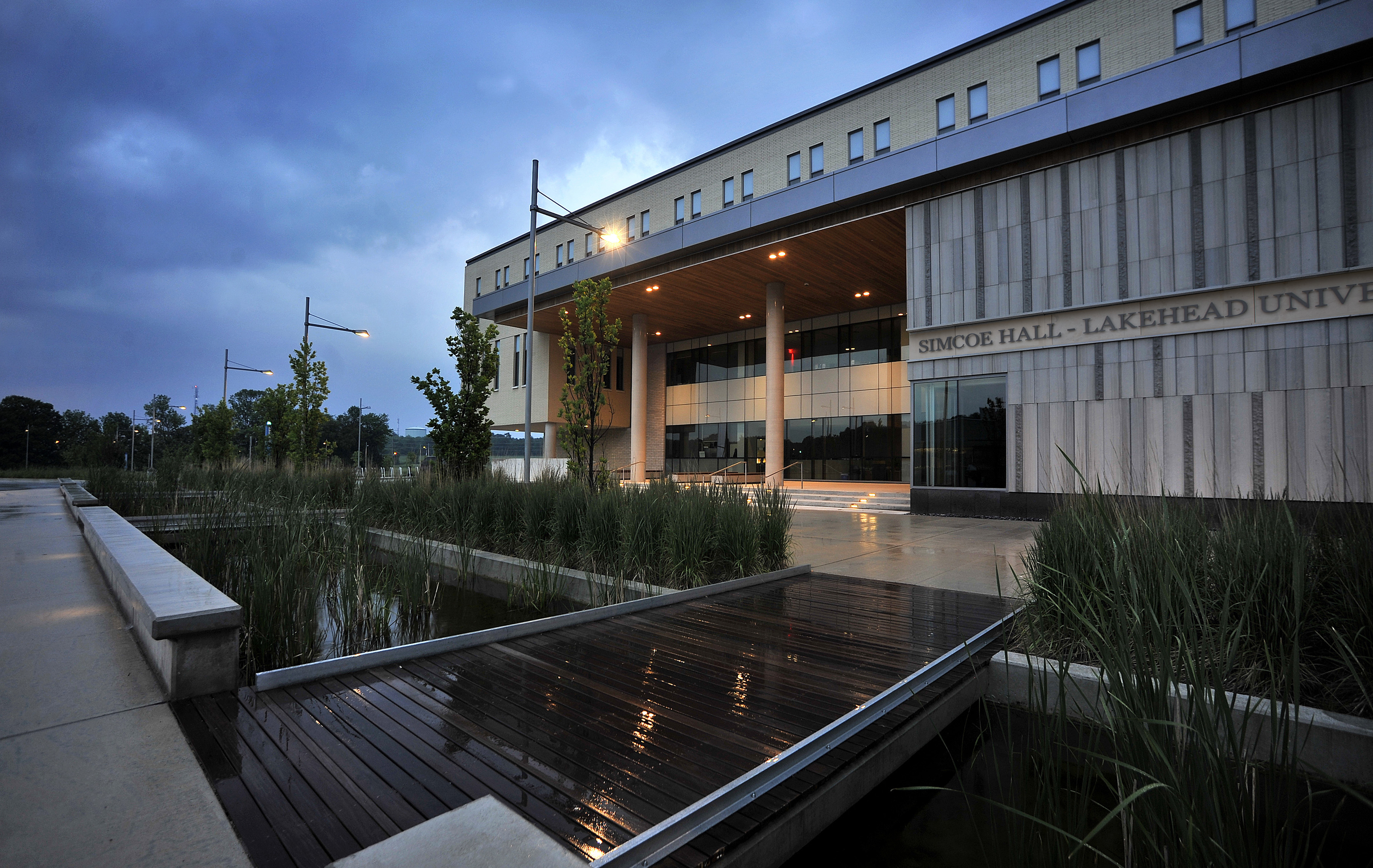
Lakehead University was ranked Ontario's number one primarily undergraduate university, and the fifth in Canada, in the 2025 Maclean's University Rankings. Lakehead also scored first in student awards and faculty-to-student ratios among Ontario universities in its category, affirming our reputation for supporting students and nurturing their success. Maclean's also ranked Lakehead in the top two among primarily undergraduate Ontario universities for faculty success in securing social sciences and humanities research grants, and third for scholarships and bursaries and overall reputation. As part of our commitment to access, Lakehead continues to offer some of the smallest first- and second-year class sizes among Ontario universities. In addition, the Maclean's rankings highlight Lakehead's strong graduation rate, which is the second highest among Ontario's primarily undergraduate universities, changing the life trajectory for Lakehead grads. This is especially important since an estimated 95% of Lakehead's domestic student population faces barriers to attending university—such as financial need, coming from a rural or remote community, or being the first in their family to pursue postsecondary education.
Lakehead - Georgian Partnership Offers New Pathways
Georgian College and Lakehead University's dynamic partnership now has a new focus that will offer more postsecondary education opportunities for students in central and northern Ontario. Starting in 2025, graduates from Georgian diploma programs will be guaranteed admission to select Lakehead undergraduate degree programs in Orillia and Thunder Bay through 30+ academic transfer pathways, allowing students to seamlessly transition between the two institutions to achieve their academic and career goals. "This partnership began with a vision to address the gap in the labour force with the introduction of focused degree-level STEM programming and that remains our commitment," said Georgian College President and CEO Kevin Weaver. "Over the last seven years, 230 Georgian students have followed a transfer pathway to a Lakehead degree," said President Weaver. "This is in addition to the 550 students who have been enrolled in our combined degree-diploma programs. We believe this is the best and most sustainable way forward for our institutions and puts students first." These pathways will give students both more options and the added security of guaranteed admissions to meet their individual goals.
New Lakehead University Board Chair
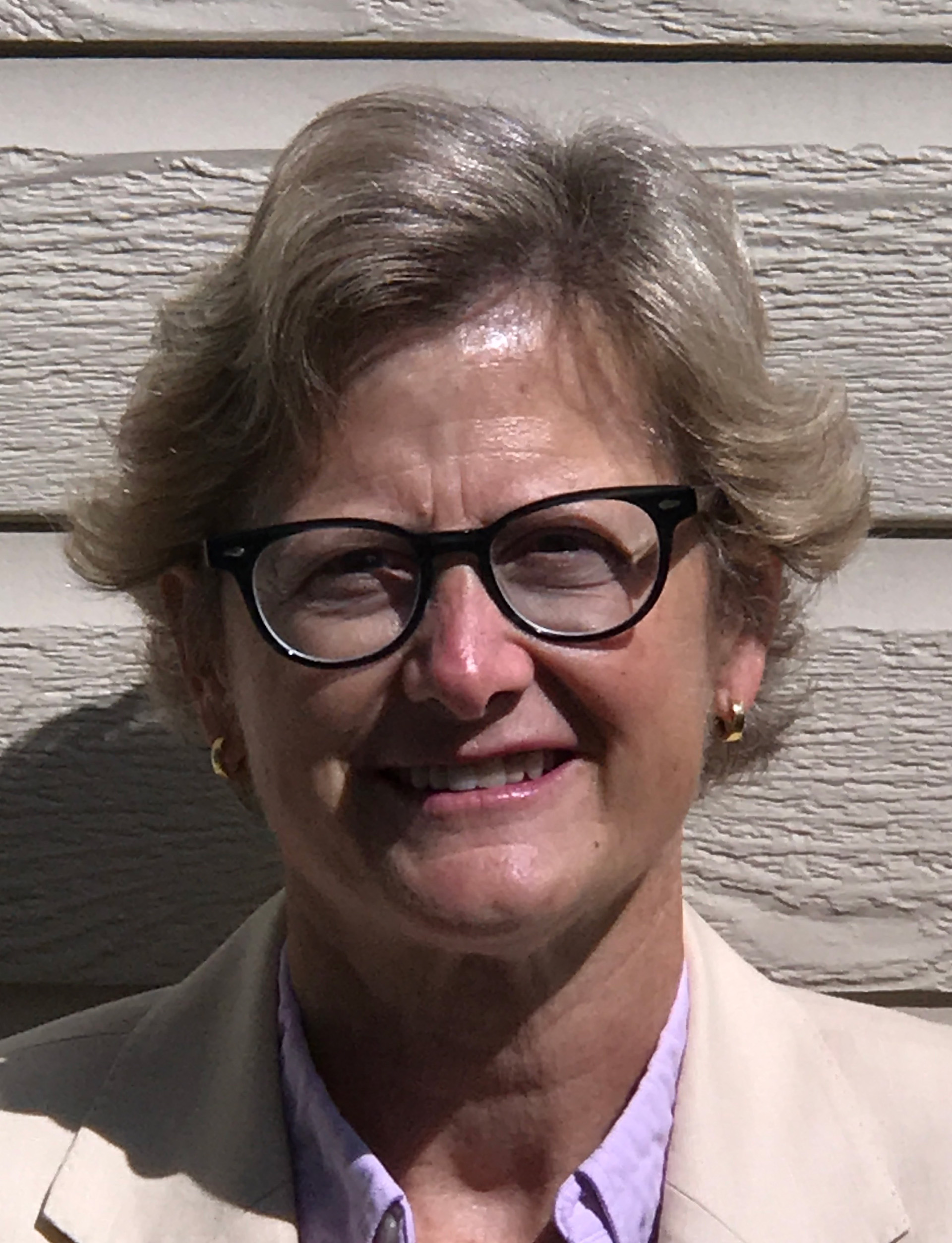
On October 9, Cathy Tuckwell was appointed chair of the Lakehead University Board of Governors. Tuckwell was first elected to the board in 2017, and she brings over 27 years of experience in the investment management industry to the board, with specializations in high-net-worth individuals, institutions, mutual fund management, and estate and trust administration. "After last year's Blue Ribbon Task Force report, it is clear that universities, including Lakehead, must take steps to secure a stronger influence over their future," Tuckwell said. "We all want Lakehead to thrive and be sustainable in the long term; as board chair, I look forward to working with the board, Dr. Siddall, and her team—faculty, staff, Ogimaawin Indigenous Education Council, and the Lakehead University Student Union—to ensure Lakehead remains a vital contributor to both the Thunder Bay and Orillia communities." Tuckwell, whose term runs until 2026, succeeds Maria Vasanelli as board chair.
Better Mental Health Services for Indigenous Youth
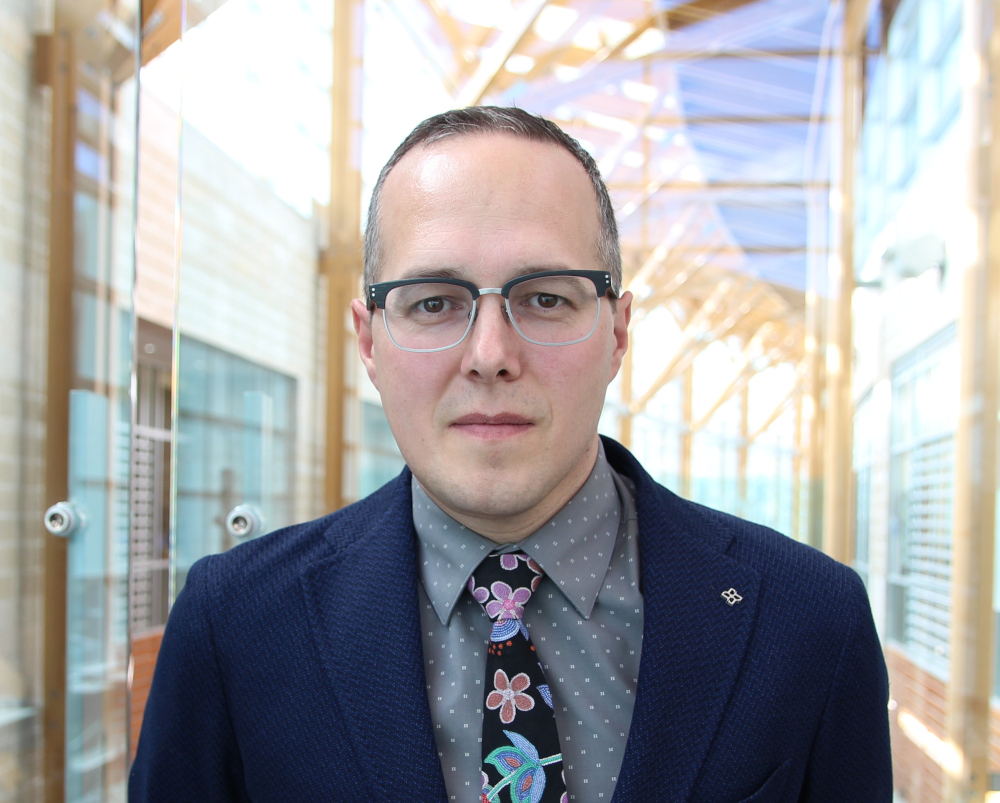 The growing number of Indigenous youth in Canada are disproportionately affected by adverse childhood experiences, such as intergenerational trauma, cultural disconnection, poverty, and socioeconomic disadvantages. Moreover, the mental health challenges they face are worsened by their limited access to health services, culturally inappropriate care, and geographical barriers.
The growing number of Indigenous youth in Canada are disproportionately affected by adverse childhood experiences, such as intergenerational trauma, cultural disconnection, poverty, and socioeconomic disadvantages. Moreover, the mental health challenges they face are worsened by their limited access to health services, culturally inappropriate care, and geographical barriers.
Dr. Christopher Mushquash
The ACCESS Open Minds Indigenous Youth Mental Health and Wellness Network was created to address these challenges by enhancing Indigenous youth mental health services. This national initiative—co-led by Lakehead University's Dr. Christopher Mushquash and McGill University's Dr. Srividya Iyer—recently received $1.45 million from the Canadian Institutes of Health Research (CIHR) for their work. The funding will help strengthen capacity amongst Indigenous communities and integrated youth services (IYS) to provide culturally affirming, high quality, and responsive mental health services. It will bring together youth, Elders, family members, researchers, communities, and leading Indigenous organizations, including the Thunderbird Partnership Foundation and the First Peoples Wellness Circle. Dilico Anishinabek Family Care is also a partner on this important project.
Lakehead Orillia Principal Announced
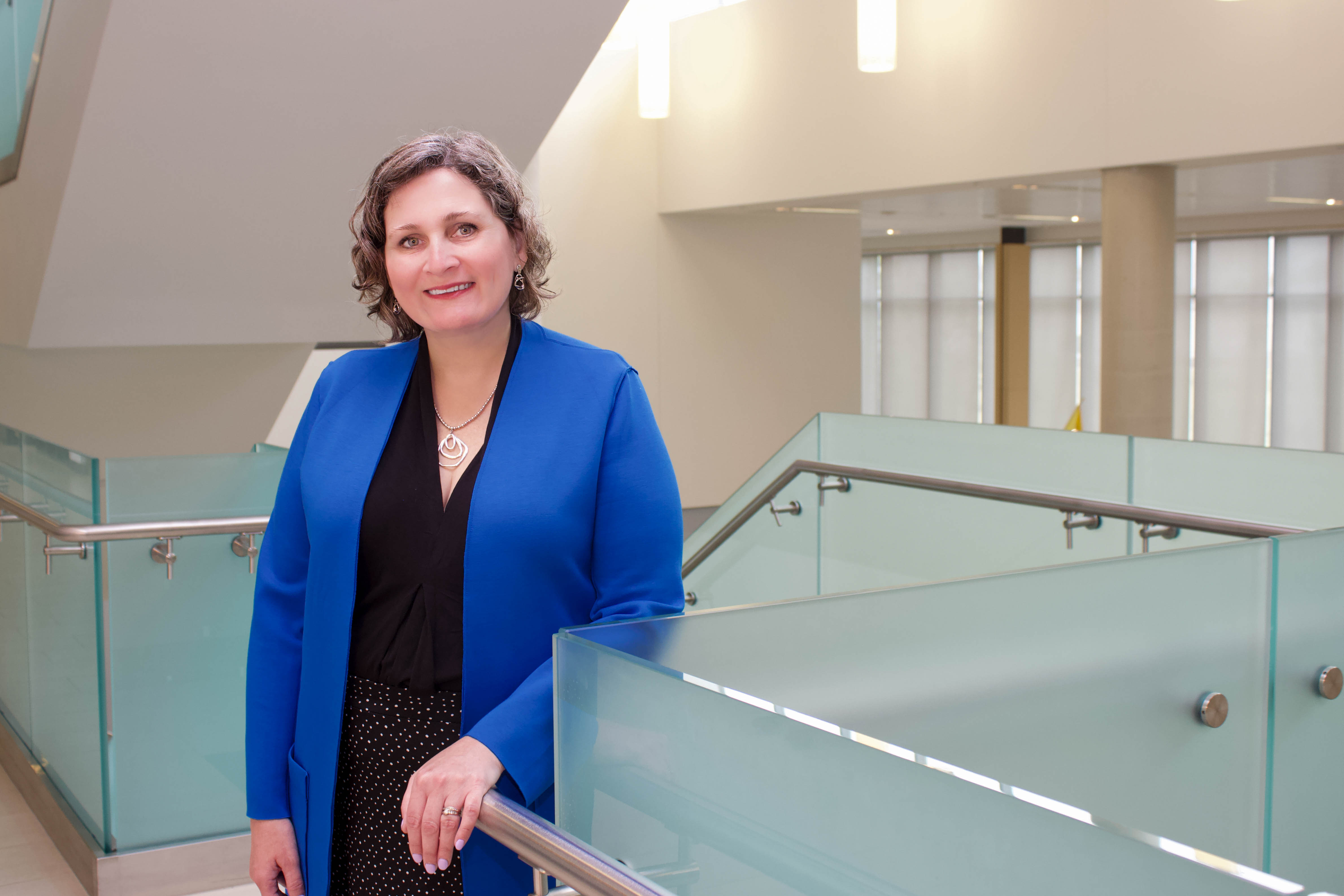
Dr. Linda Rodenburg was appointed Lakehead Orillia's principal on August 1, 2024, to oversee its strategic direction and operation. "The Orillia campus is experiencing an incredible moment of growth, and I look forward to working with the president and executive team to move the vision for this university forward within this community that I love and call home," Dr. Rodenburg said. One of the founding faculty members of the Orillia campus, Dr. Rodenburg is a highly regarded teacher, mentor, and leader. In 2018, she founded the Office of Community Engagement and Lifelong Learning, with a mandate to offer non-traditional learning opportunities to people of all ages, as well as professional development opportunities. As a lecturer in the Department of English, Dr. Rodenburg taught courses in English and Interdisciplinary Studies, and her research has focused on Indigenous and Māori stories in relation to Canada and New Zealand. In her new role, she will champion the university's mission, engage in community outreach, promote university programs, and advance local partnerships. This will include collaborating with government, industry, and other stakeholders to foster economic development initiatives in Orillia and across the region.
Safe and Affordable Student Housing
Lakehead University has partnered with the online platform SpacesShared to help address the challenge of finding affordable and safe student housing, a growing nationwide issue. SpacesShared connects students with older adults and individuals in the community who have a spare room to rent by using a sophisticated algorithm that matches students and landlords based on preference, location, and personality. SpacesShared hosts can also offer a Helpers' Discount to their student tenants if they'd like to do SpacesShared-approved chores around the house—for each hour of weekly assistance, students' monthly rent is reduced by five per cent. By providing additional income and companionship, this service gives older adults the choice to age in place in their own homes. This home-sharing solution is available in both Thunder Bay and Orillia and is part of Lakehead's commitment to increasing access to student housing, including adding 47 new on-campus residence rooms and 65 new beds in Thunder Bay this year, and reintroducing a double occupancy option at a lower price. To learn more about home sharing, or to register for a free account as a host or a student, visit www.spacesshared.ca.
Nursing Milestone
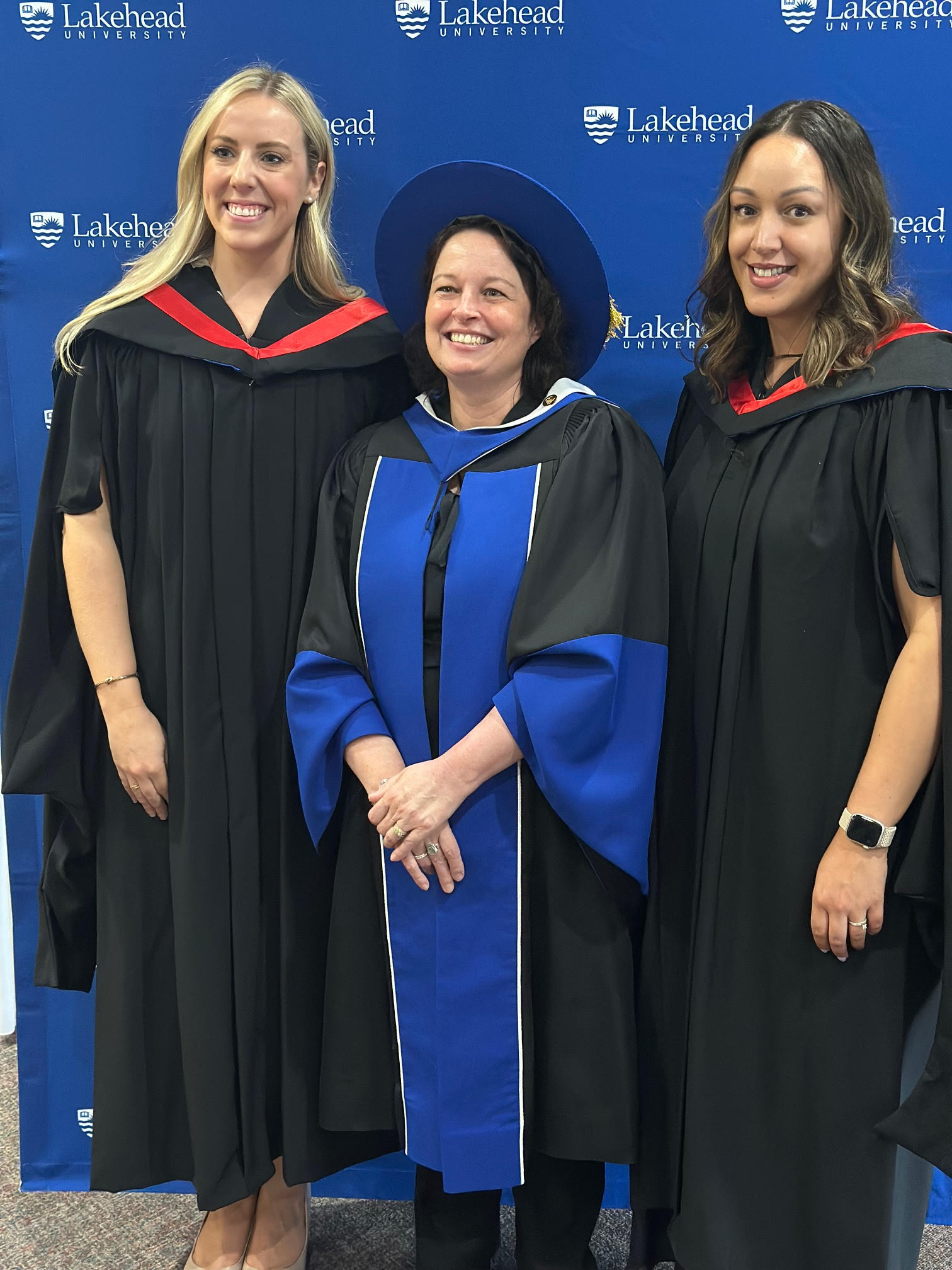
Master of Nursing - Advanced Nursing graduates Caroline Sabotig and Samantha Sanotorelli with School of Nursing Director Dr. Kristen Jones-Bonofiglio.
The first graduates of Lakehead's Master of Nursing - Advanced Nursing stream received their degrees on October 6 along with Master of Public Health graduates from the Nurse Practitioner stream (the Nurse Practitioner stream is offered as part of a provincial consortium of nine universities). The ceremony honoured the success of these 21 graduates with the help of Elder Sheila Decorte, the Dean of the Faculty of Health and Behavioural Sciences Dr. Mirella Stroink, the Director of the School of Nursing Dr. Kristen Jones-Bonofiglio, faculty, staff, friends, and family members. These new nursing leaders are ready to create positive change and become advocates for health in northwestern Ontario and beyond.
Celebrating Every Child Matters Artwork
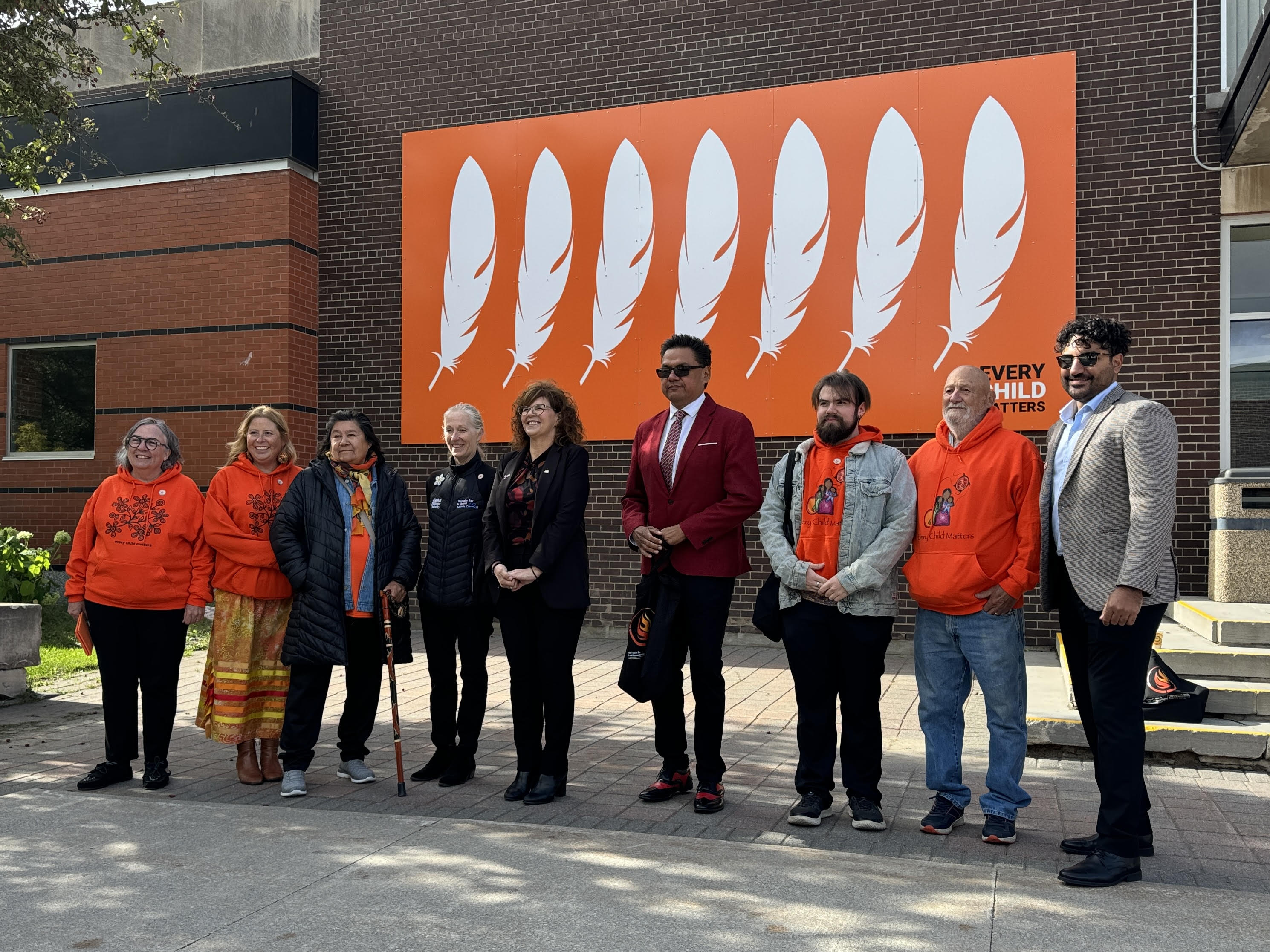
On September 6, an Every Child Matters outdoor art installation was unveiled on the Thunder Bay campus during a ceremony to honour the children lost to the residential school system, residential school survivors, and their families. "Art has the power to create a safe space where the truths of our past can be seen, heard, and felt," explained Indigenous Initiatives Vice-Provost Denise Baxter. The art installation features seven white eagle feathers on an orange background to embody the Seven Sacred Teachings of Wisdom—Love, Respect, Bravery, Honesty, Humility, and Truth—spiritual principles central to many Indigenous cultures across North America. Together, these teachings offer guidance on how to live and act in harmony with one another, and they allow communities to thrive. As part of the ceremony, the National Centre for Truth and Reconciliation Survivors' Flag was raised. This event marked the start of learning opportunities held on both Lakehead campuses throughout the month, leading up to the National Day for Truth and Reconciliation on September 30.
Aging Well Expo is a Hit
Lakehead University and Age-Friendly Orillia hosted a free Aging Well Expo in October. The event offered comprehensive information on physical and mental health, financial and internet safety, and elder abuse. "Almost a quarter of the population of our community is 65 plus," explains Valerie Powell, co-chair and founding member of Age-Friendly Orillia, a local volunteer group that advocates for and supports policies and initiatives that enable people to live an active, independent, and meaningful life. "It's imperative that older adults take control of their own future, where possible, and with the help of organizations and groups within the community find ways to age well and stay active. In the long run, staying active and healthy for as long as possible will benefit everybody." Participants were able to enjoy interactive workshops, demonstrations, presentations, exhibits, and learn about volunteer opportunities. The expo, which was funded in part by the Government of Canada's New Horizons for Seniors Program, also connected older adults to local resources that support healthy, social, active aging at home to help them create meaningful relationships and overcome obstacles to healthy aging.
Dual Business Degree with Northumbria University

Lakehead's Faculty of Business Administration has launched an international dual degree in collaboration with Northumbria University's Newcastle Business School in the United Kingdom. This exciting new partnership will allow students to develop international connections and global skills through a year-long exchange while earning two degrees in four years. "Our partnership is a testament to our institutions' shared mission to provide students with opportunities that develop intercultural competencies and global skills that are desired by employers," said Lakehead Business Administration Dean Dr. David Richards. Social mobility is a key part of Northumbria's strategic ambition and the partnership with Lakehead will make studying abroad accessible to even more students—regardless of their background. Students who successfully complete the program will earn a Bachelor of Arts in Business and Management from Northumbria and an Honours Bachelor of Commerce from Lakehead. More information about the dual degree program can be found at www.lakeheadu.ca/internationaldualdegree.
Sustainable Mineral Exploration Research
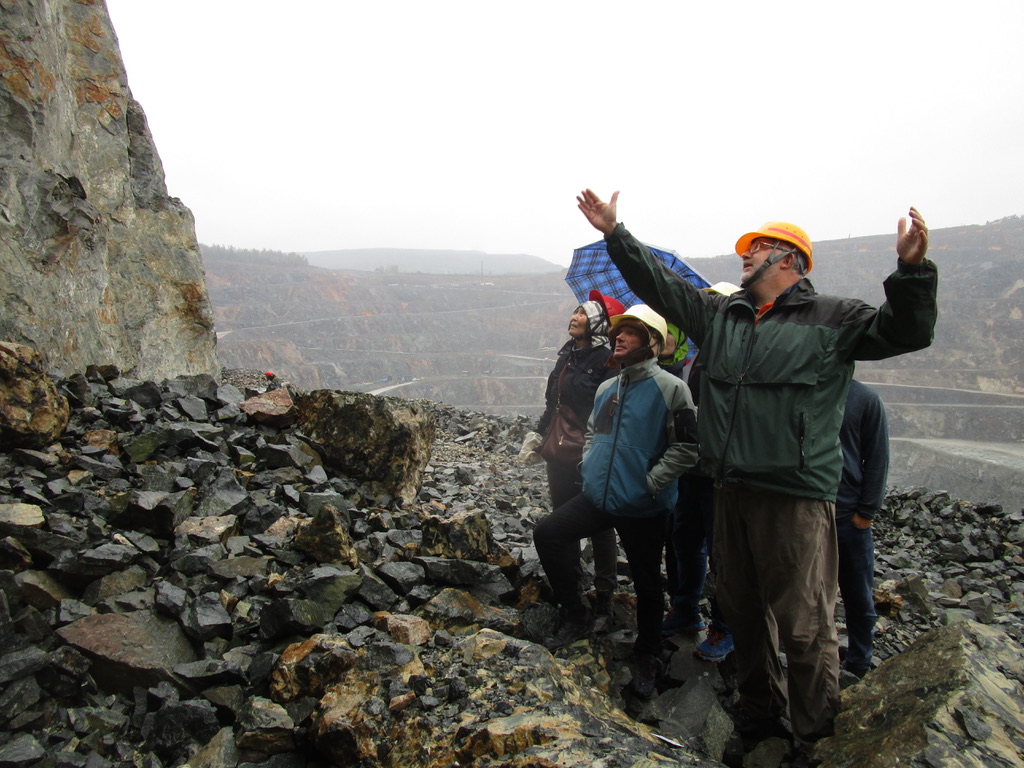 Dr. Peter Hollings (far right), Lakehead's NOHFC Industrial Research Chair in Mineral Exploration, is part of a team of industry and academic partners led by University of Manitoba researchers Dr. Mostafa Fayek and Dr. Alfredo Camacho that's receiving more than $1.5 million in Natural Sciences and Engineering Research Council (NSERC) Alliance Missions grant funding to develop innovative technologies and sustainable practices to address issues related to critical mineral exploration and extraction. Critical metals including lithium, copper, nickel, and platinum play a vital role in the high-tech renewable energy and electronics manufacturing industries, however, extracting and processing these minerals presents unique environmental challenges. The Fayek team is seeking to discover transformative knowledge about the geologic and chemical interactions that initially formed these deposits and use this knowledge to minimize the environmental impacts of mining. This approach will reduce costs by providing a new set of sustainable guidelines that will be especially helpful in sensitive northern environments.
Dr. Peter Hollings (far right), Lakehead's NOHFC Industrial Research Chair in Mineral Exploration, is part of a team of industry and academic partners led by University of Manitoba researchers Dr. Mostafa Fayek and Dr. Alfredo Camacho that's receiving more than $1.5 million in Natural Sciences and Engineering Research Council (NSERC) Alliance Missions grant funding to develop innovative technologies and sustainable practices to address issues related to critical mineral exploration and extraction. Critical metals including lithium, copper, nickel, and platinum play a vital role in the high-tech renewable energy and electronics manufacturing industries, however, extracting and processing these minerals presents unique environmental challenges. The Fayek team is seeking to discover transformative knowledge about the geologic and chemical interactions that initially formed these deposits and use this knowledge to minimize the environmental impacts of mining. This approach will reduce costs by providing a new set of sustainable guidelines that will be especially helpful in sensitive northern environments.
Doomed Franklin Expedition Resorted to Cannibalism

In September 2024, the skeletal remains of a senior officer of Sir John Franklin's 1845 Northwest Passage expedition were identified by researchers from the University of Waterloo and Lakehead University using DNA and genealogical analyses.
Two British Royal Navy ships—the HMS Erebus and the HMS Terror—sailed from England to the Canadian Arctic Archipelago under the command of Sir Franklin in an attempt to map the last section of the Northwest Passage and thereby find a shorter trading route to Asia running through the Atlantic, Arctic, and Pacific oceans. That endeavour ended when both ships became frozen in ice near King William Island, Nunavut.
In April of 1848 Captain James Fitzjames of the HMS Erebus helped lead 105 survivors from their ice-trapped ship in an effort to escape—but none of them survived. Fitzjames was identified by matching a DNA sample from one of his living descendants with DNA discovered at the King William Island archaeological site where 451 bones from at least 13 Franklin sailors have been found. "We worked with a good quality sample that allowed us to generate a Y-chromosome profile," said Stephen Fratpietro, the technical manager of Lakehead's Paleo-DNA Laboratory. Fitzjames is just the second person of the 105 sailors to be positively identified, joining John Gregory, an engineer aboard the HMS Erebus, whom the team identified in 2021. "The identification of Fitzjames's remains provides new insights about the expedition's sad ending," said Dr. Douglas Stenton, adjunct professor of anthropology at Waterloo.

Daguerreotype of James Fitzjames, taken by Richard Beard in May 1845. Photo courtesy of Sotheby's.
In the 1850s, Inuit told searchers they had seen evidence that survivors had engaged in cannibalism. Those accounts were fully corroborated in 1997 by the late Dr. Anne Keenleyside who found cut marks on nearly one-quarter of the human bones at NgLj-2 archaeological site at Erebus Bay, proving that at least four of the men who died there had been subject to cannibalism after death— which is known as survival or starvation cannibalism—including Fitzjames, whose mandible has multiple cut marks. "This shows that he predeceased at least some of the other sailors who perished, and that neither rank nor status was the governing principle in the final desperate days of the expedition as they strove to save themselves," said Dr. Stenton.


